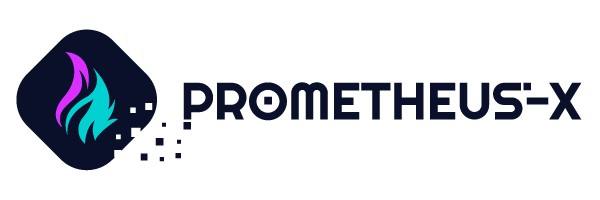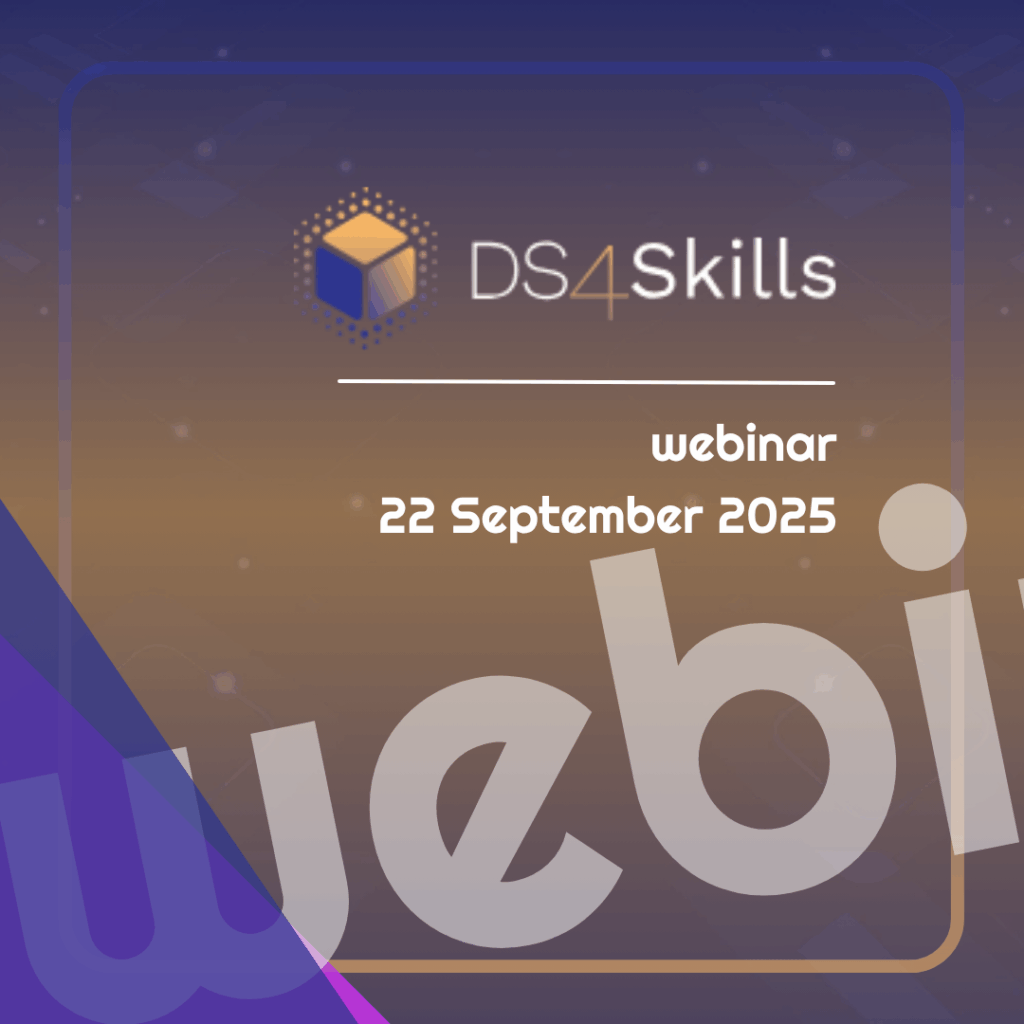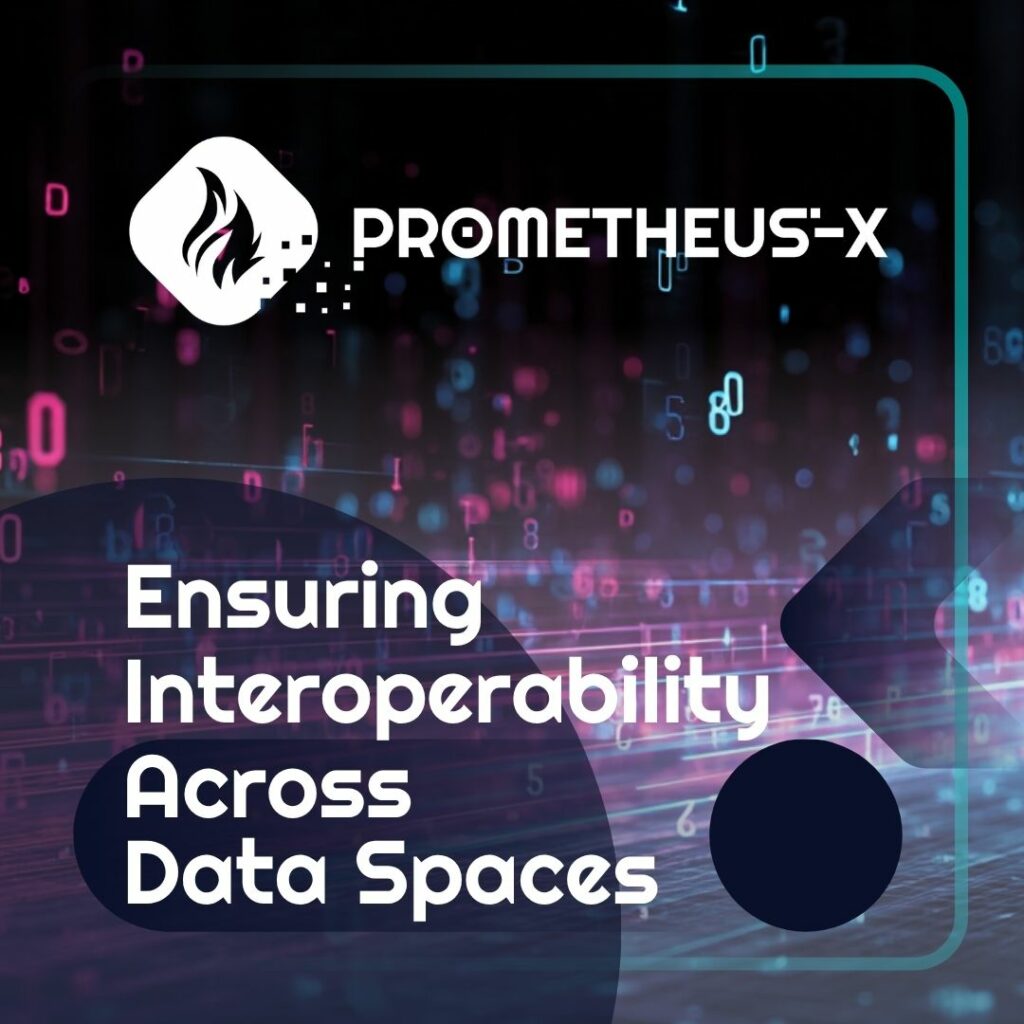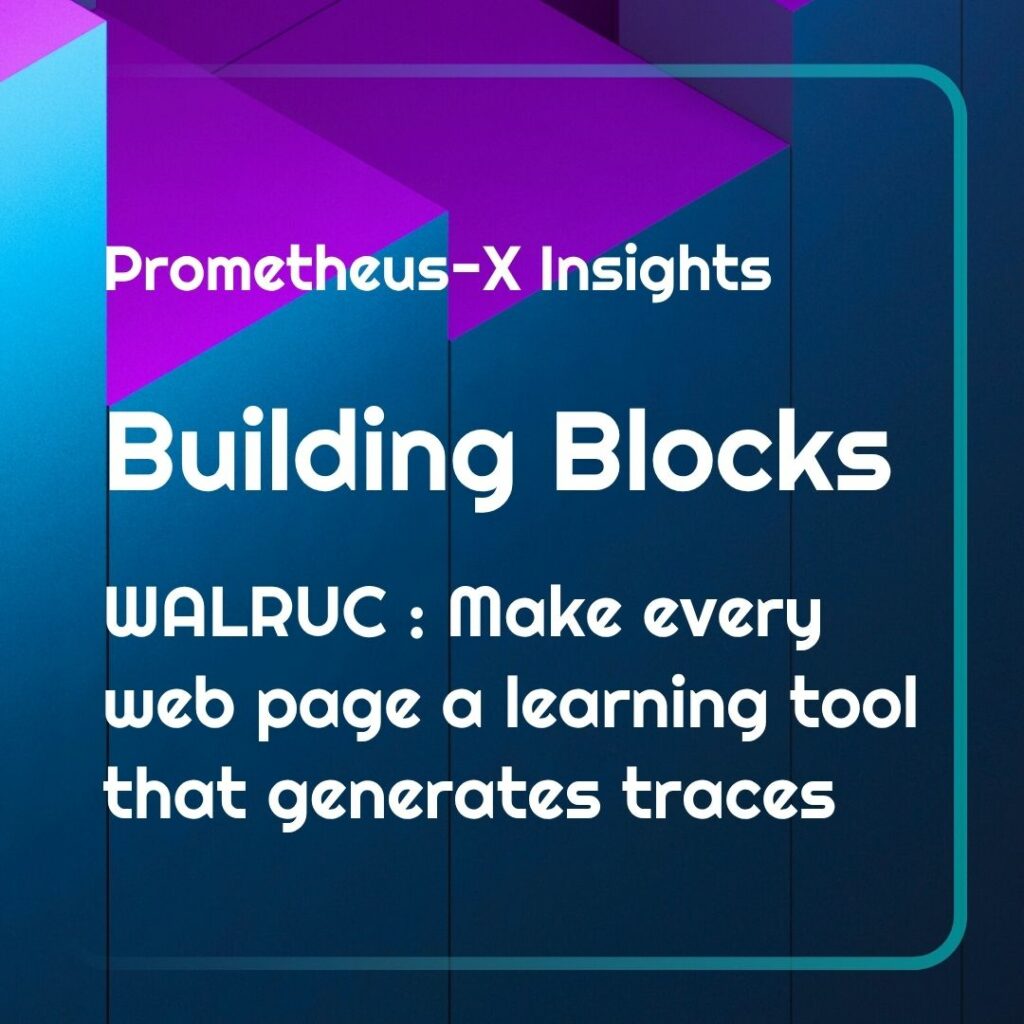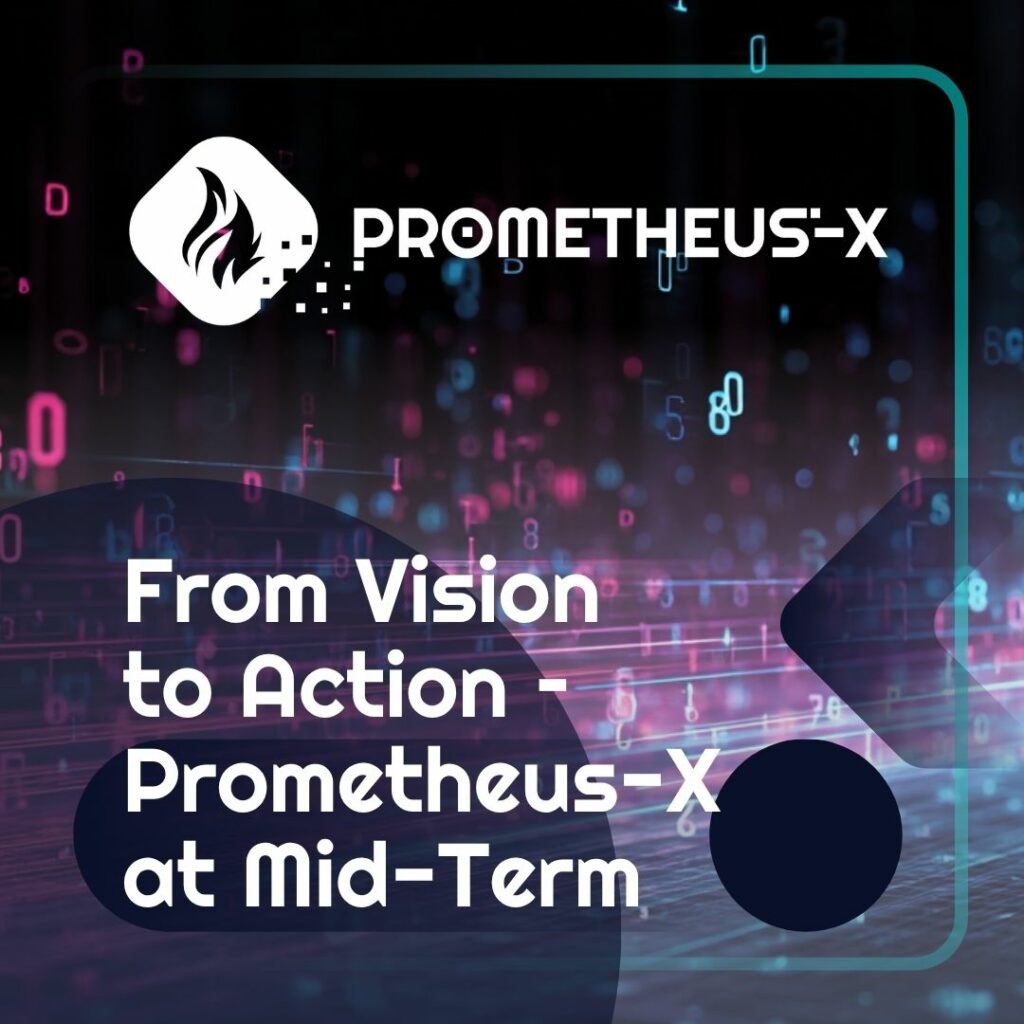Advancing a connected data infrastructure in the education and skills sector
It was a blast! | Missed it? Stay tuned for upcoming events!
The recent webinar, hosted by the Gaia-X Education and Skills Ecosystem, marked a significant step towards shaping the future of data exchange in education and skills development across Europe. With the launch of the Data Space for Skills and Education (DASES) by Gaia-X Hub France and the advancing deployment of the Skills Data Space (DS4Skills), the event gathered key stakeholders – from government representatives to edtech leaders – to explore how interoperability can enhance data-driven collaboration.
A strategic vision for the future of skills data exchange
Moderated by Matthias De Bièvre, President of Prometheus-X, the roundtable discussion examined the strategic advantages of data interoperability within education and skills ecosystems. Panelists included Claudio Cimelli (French Ministry of Education), Evelien Renders (SURF, EUNIS), Abdou Fall (Caisse des Dépôts), and Beth Havinga (European Edtech Alliance).
Roundtable discussion: unlocking the potential of interoperability
Key takeaways included:
- The critical need for common data governance models to ensure regulatory compliance and data security while enabling seamless exchange.
- The importance of public-private collaboration in achieving widespread interoperability across different education systems.
- How leveraging AI and data analytics skills matching, personalised learning, and workforce alignment.
The panellists provided practical insights into how their respective organisations are addressing these challenges, highlighting trust frameworks as essential enablers of scalable data-sharing efforts.
Showcasing real-world use cases: From concept to implementation
A core part of the event featured presentations from industry leaders, offering tangible examples of data exchange in action:
- Irawan Nurhas, Research Project Manager at imc AG – Demonstrated an LMS augmentation initiative aimed at identifying skill gaps and enabling sector-wide benchmarking.
- Demo from Headai, Finland – Showcased an AI-powered tool capable of generating digital twins of job descriptions to support career planning and workforce mobility.
- OpenEdIAG Use case, France – Introduced a generative AI-powered ‘Personalised Teacher Assistant’ designed to enhance learning experiences.
- Data space building blocks: technical components for skills & education data interoperability.
The session underscored the importance of technical standardisation and interoperability frameworks in driving efficiency and accessibility across education and skills platforms.
The DS4Skills-GO project: Accelerating implementation
The event concluded with an introduction to the DS4Skills-GO project, a major EU-backed initiative aimed at expediting the rollout of the Skills Data Space. Ioannis Gaviotis (European Commission), Chiara Longobardi (DIGITALEUROPE), and Nathan da Silva Carvalho (DIGITALEUROPE) shared perspectives on how this project aligns with broader European strategies for digital transformation in education.
This event reinforced the crucial role of collaboration, interoperability, and governance in building a resilient and effective education and skills data ecosystem. As data spaces continue to evolve, stakeholders must work together to establish secure, scalable, and efficient frameworks that drive long-term value. For those who couldn’t attend, we recommend watching the full recording to gain a deeper understanding of the discussions. The dialogue continues – join us in shaping the future of education and skills data exchange and sign up to our newsletter.
